Complete with a ketubah signing, champagne, speeches and a few tears, the installation of Rabbi Michael Beals at B’nai Tikvah Congregation in Westchester seemed more like a wedding. More than 300 people attended the Sept. 7 event. Among the speakers were Rabbi Elliot Dorff, rector of the University of Judaism; Marvin Bornstein, rabbi emeritus at B’nai Tikvah, where he had served for 31 years before retiring in the mid-1980s; and Rabbi Eli Spitz of B’nei Israel in Tustin.
Nine years ago, Beals handled publicity for the similar wedding-like installation of Spitz at B’nei Israel. Spitz was 34 at the time — the same age as Beals is now — and Dorff was the keynote speaker there as well.
This was well before Beals had decided to become a rabbi. “I don’t come from an observant home,” he said during an interview in his office. “So when I told my parents I wanted to be a rabbi, they plotzed.” But, now, Beals’ father, Alan, a London native and printer by trade, proudly uses the e-mail address “rabbisdad@aol.com.”
An only child, Beals grew up in Tustin in a home that was more culturally Jewish than observant. At one time, Beals wasn’t even clear that Shabbat was celebrated on Saturday as well as Friday night. So he is sympathetic to congregants who are less observant. “I know where most of my congregation comes from,” said Beals, who, along with his veterinarian wife, Dr. Elissa Green-Beals, keeps kosher and is shomer shabbat.
His original goal, he said, laughing, was not the rabbinate. It was “to make world peace” — or at least family peace. His mother, Rita, was from the Bronx and his grandmother Raie was a fiery British redhead. When the two women would have differences, Beals would be the peacemaker.
Beals studied political science at UC Berkeley and international relations at American University in Washington. A year spent in Israel as a Raoul Wallenberg Scholar at the Hebrew University in Jerusalem was the turning point in his life. When he returned to the United States, he joined the Library Minyan at Temple Beth Am, at the urging of Rabbi Spitz. It was while working as a management analyst for the Department of General Services of Los Angeles, where he created the city’s first multicultural sensitivity program, that Beals decided to become a rabbi.
After receiving a master of arts degree in Hebrew letters from the University of Judaism, he interned at Brandeis-Bardin Institute’s Gan Alonim, at Congregation Mogen David in Los Angeles and at Temple Emanuel Religious School in Beverly Hills. While attending the Jewish Theological Seminary in New York, Beals served as assistant rabbi for the Jewish Home and Hospital for the Aged, as a rabbinical intern at the Park Slope Jewish Center, and as student rabbi on pulpits in Clarksberg, W.Va., and College Point, N.Y. Bestowed the Isaac H. Wolfson Memorial Award for outstanding scholarship and service to the seminary, he received his ordination last May.
Before coming to B’nai Tikvah, Beals interviewed at about 10 synagogues, including the one attended by Dr. Ruth Westheimer in Washington Heights, N.Y. He even considered a synagogue in Sydney, Australia, but he found the Westchester synagogue to be “uniquely chaimish” and welcoming.
As for B’nai Tikvah, Beals was the unanimous choice of its search committee to replace Rabbi Michael Goldberg, who served the temple for a year and a half. With the Conservative shul already attracting a younger membership, the committee believed that Beals was the perfect choice to continue the trend.
“We talked to seven other rabbis, but nobody could hold a Shabbos candle to Rabbi Beals,” said Bob Horning, who was part of the search team and is vice president of the ritual committee.
Originally called the Westchester Jewish Congregation and then Beth Tikvah, the synagogue was founded in 1946 and merged with B’nai Israel of the Crenshaw district in 1966 to become B’nai Tikvah. The congregation, which has about 150 member families drawn mostly from the Los Angeles Westside and South Bay, has a nursery school and kindergarten program with close to 90 children.
Founded at the same time as the synagogue, the nursery school was the first Jewish preschool in Southern California to receive national accreditation from the Bureau of Jewish Education and secular accreditation from the National Association for the Education of Young Children. B’nai Tikvah also has a religious school that serves about 60 children.
Educating parents as well as children is Beals’ main goal. “I want to give our younger parents the skills they need to be the primary Jewish educators of their kids,” he said. Jewish parents have been disenfranchised by what he calls “curbside education” — just dropping their children off at religious school. “A synagogue can’t replace the Jewish home, but it can reinforce it,” Beals said. “That’s my mission.”
The “marriage” ceremony at the installation was a perfect symbol for the union between the rabbi, his wife and the synagogue, Horning said. “We’re thrilled,” he said. “We’re looking for the opportunity to grow old together.”






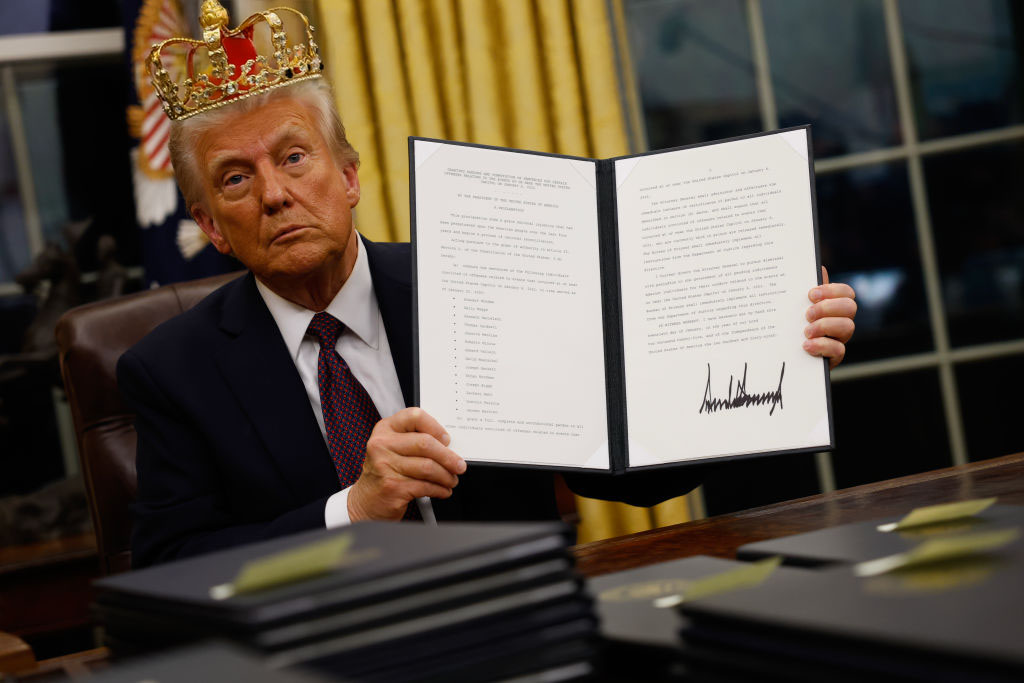
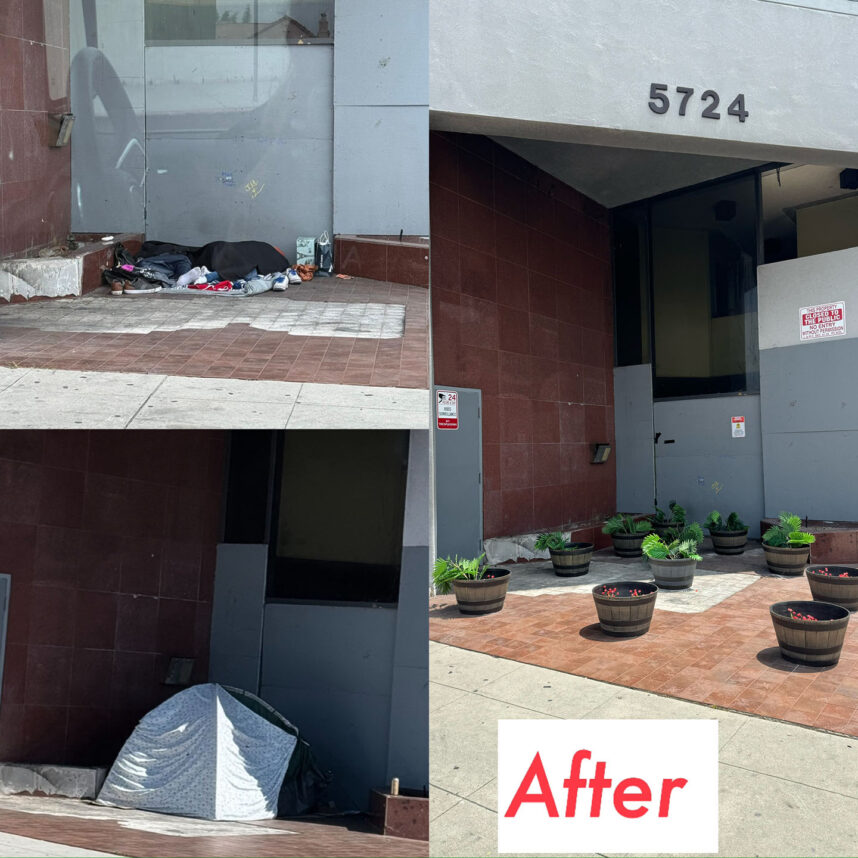
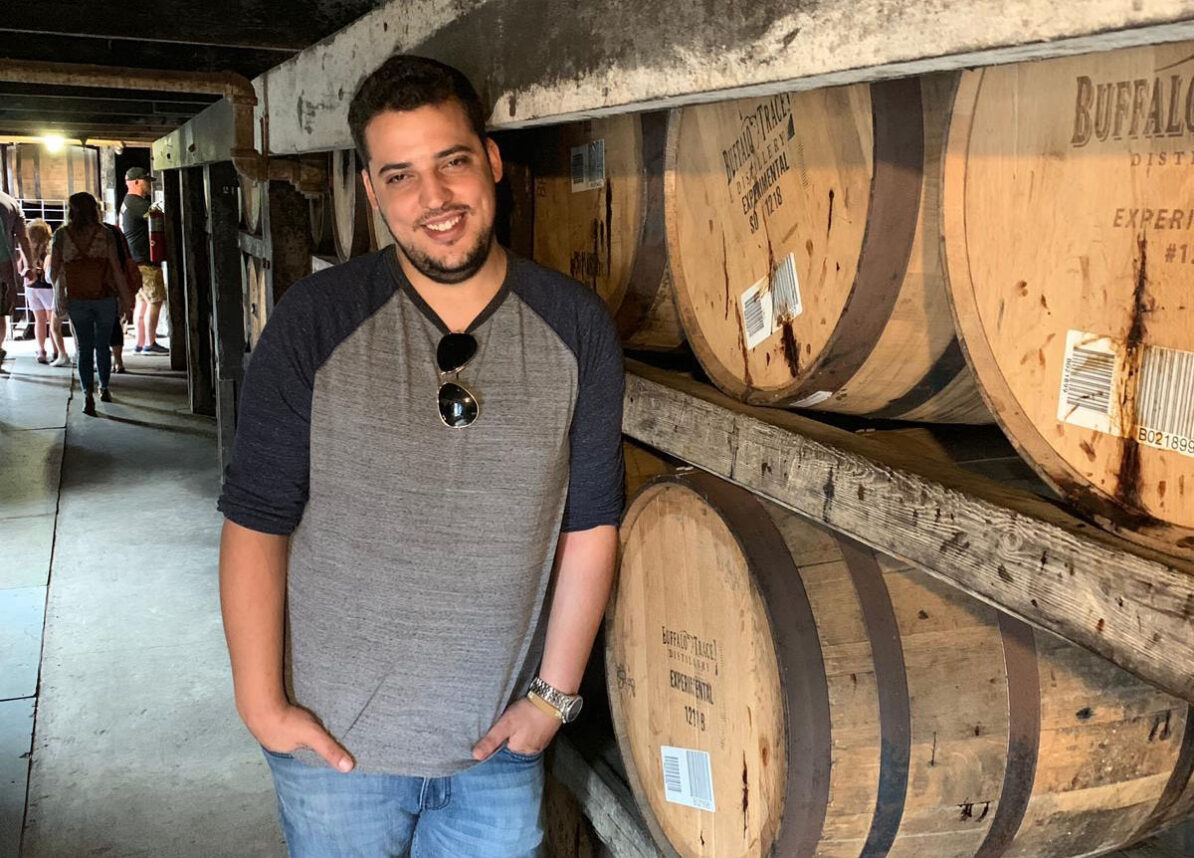
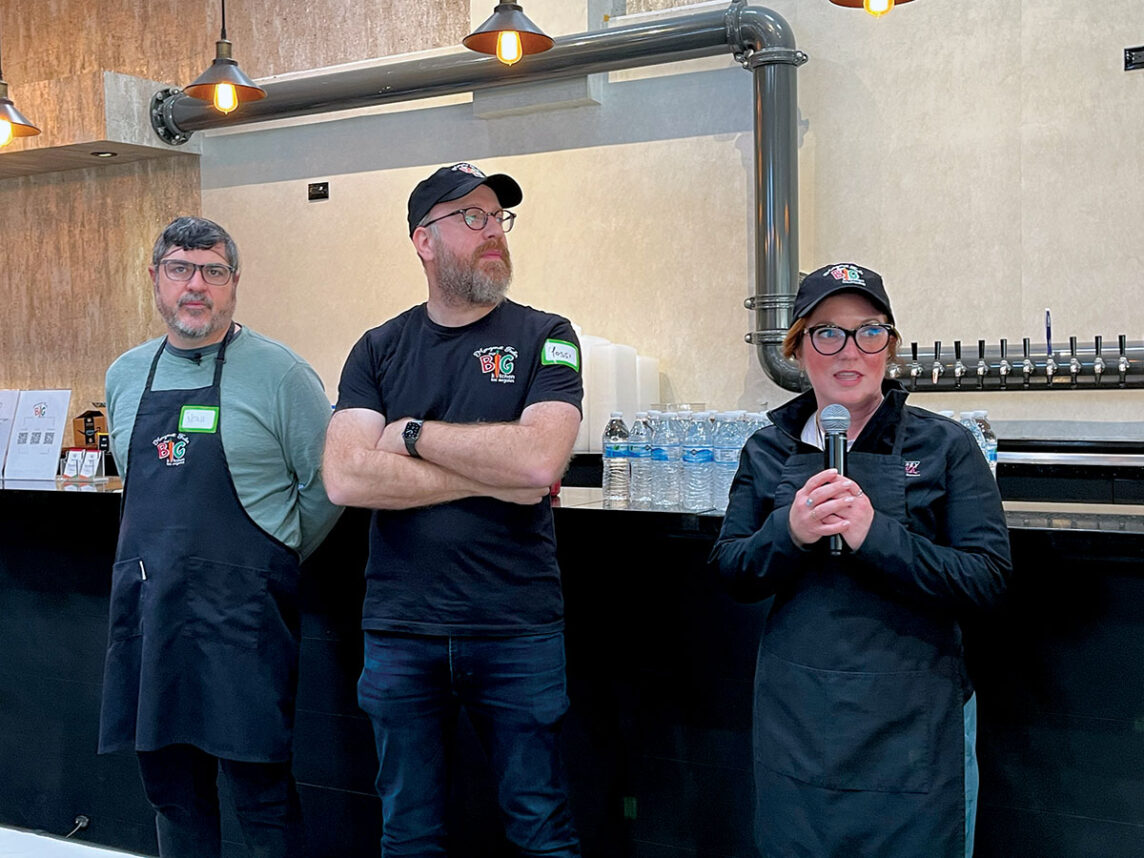
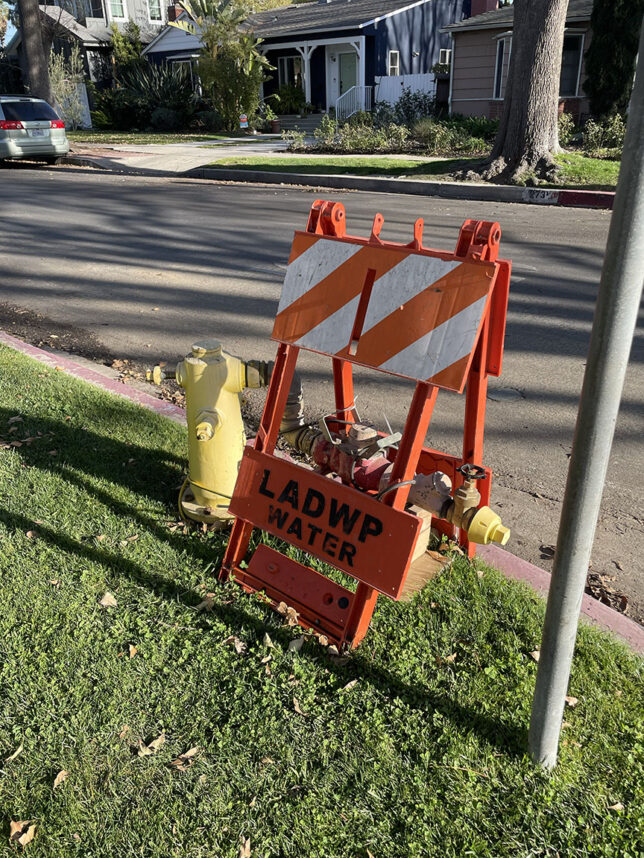
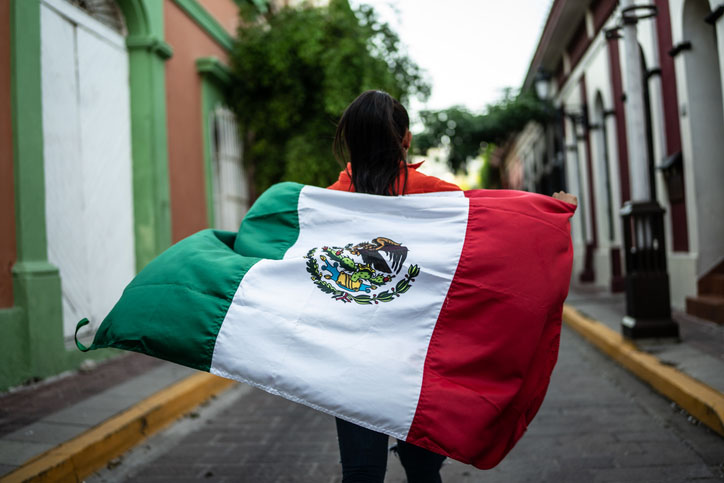
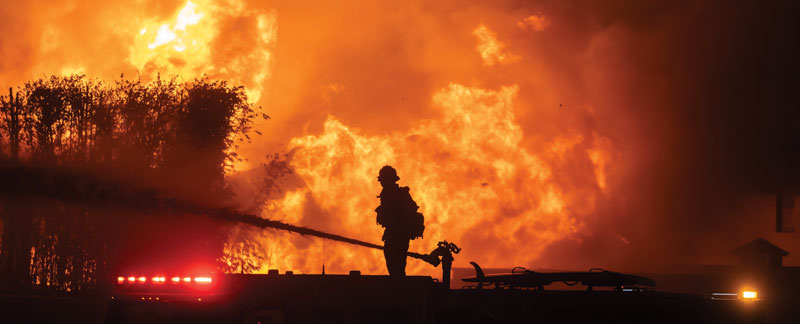
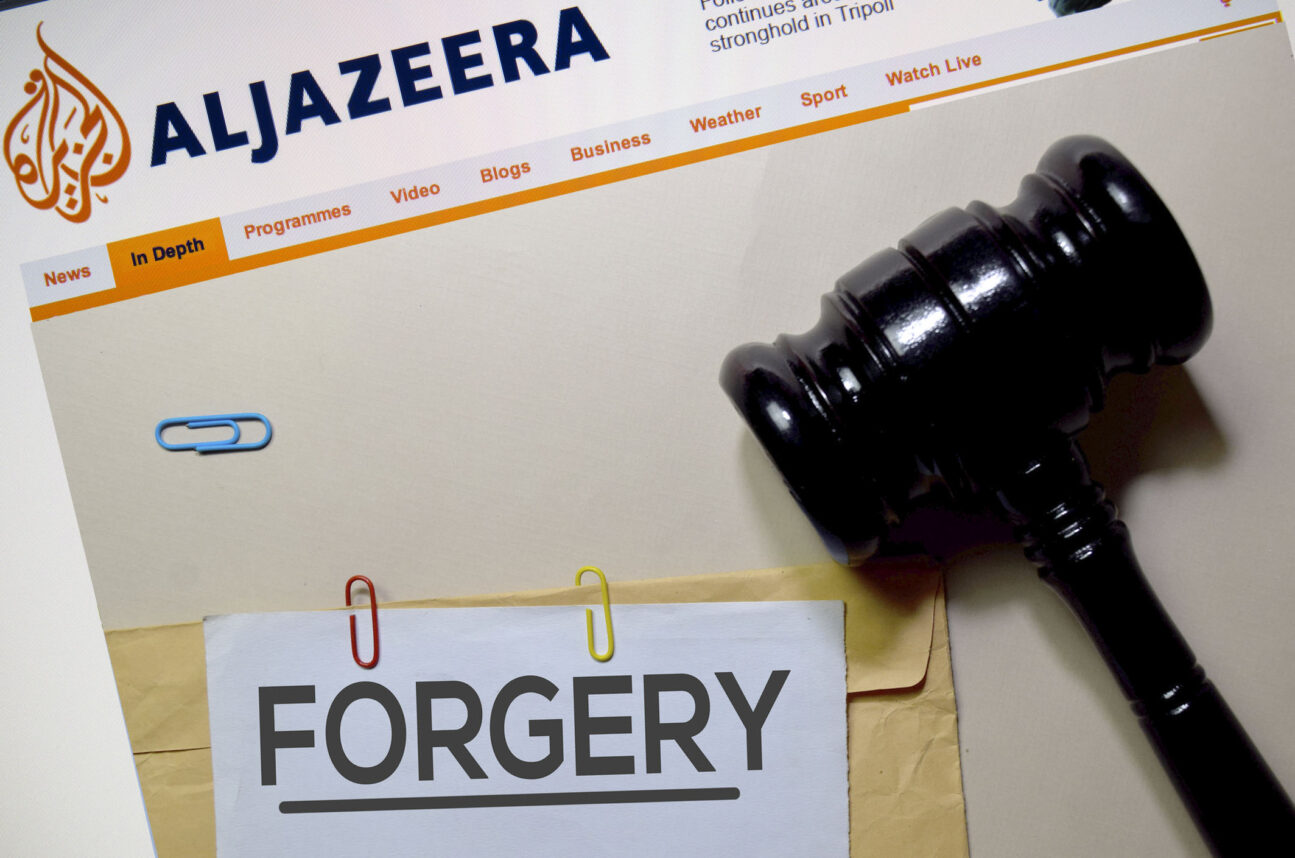

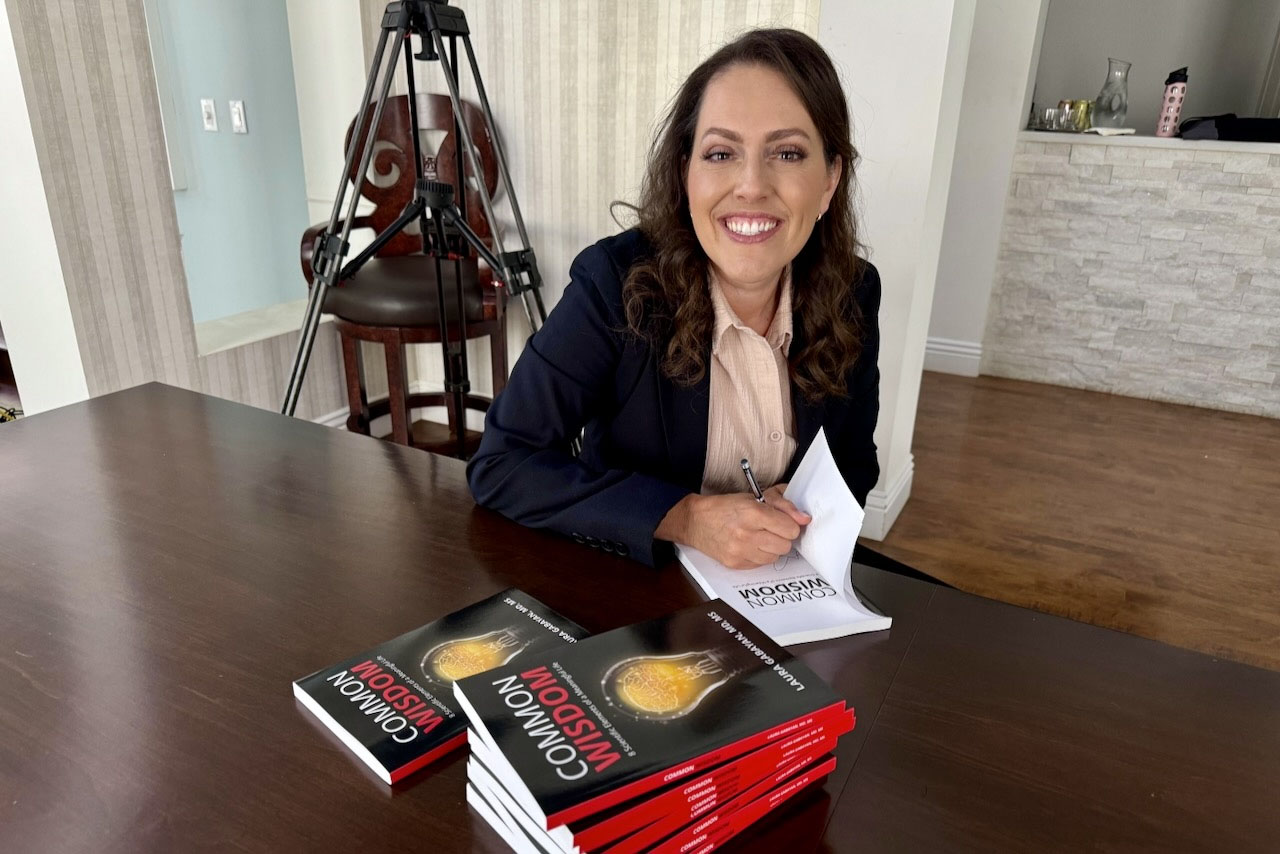



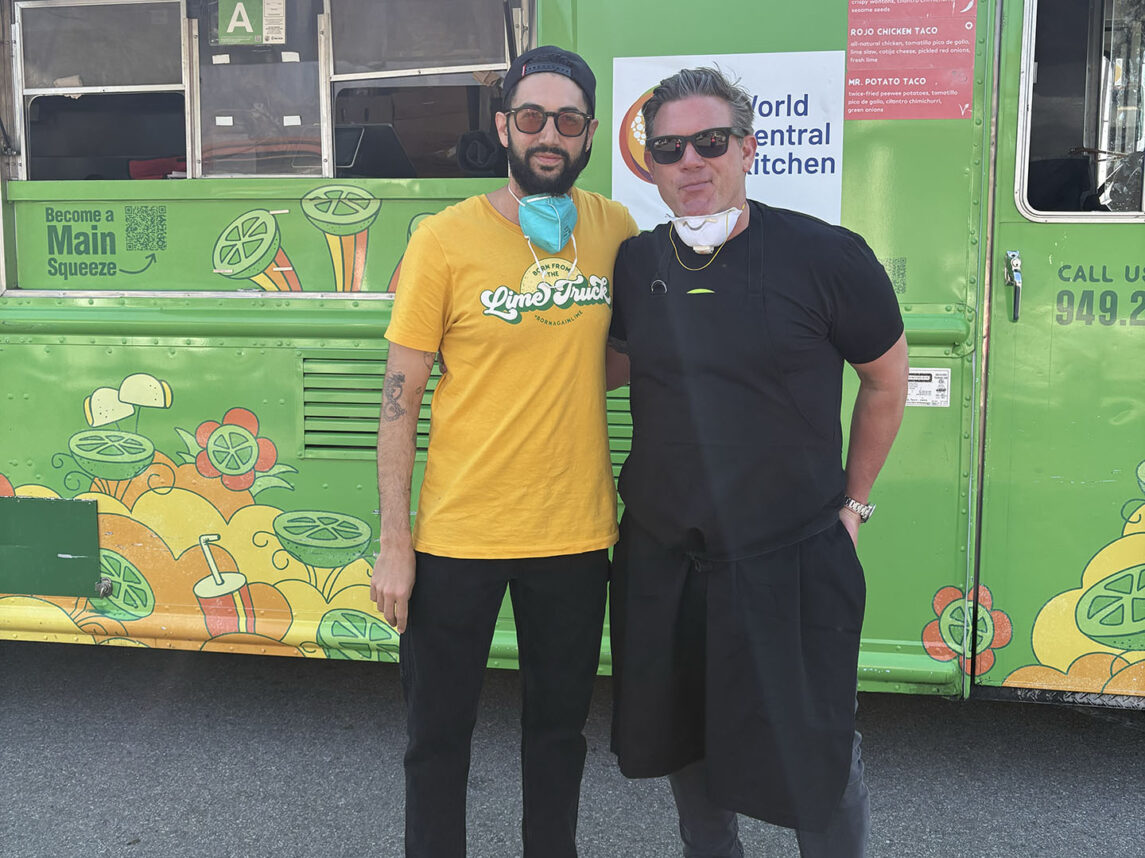
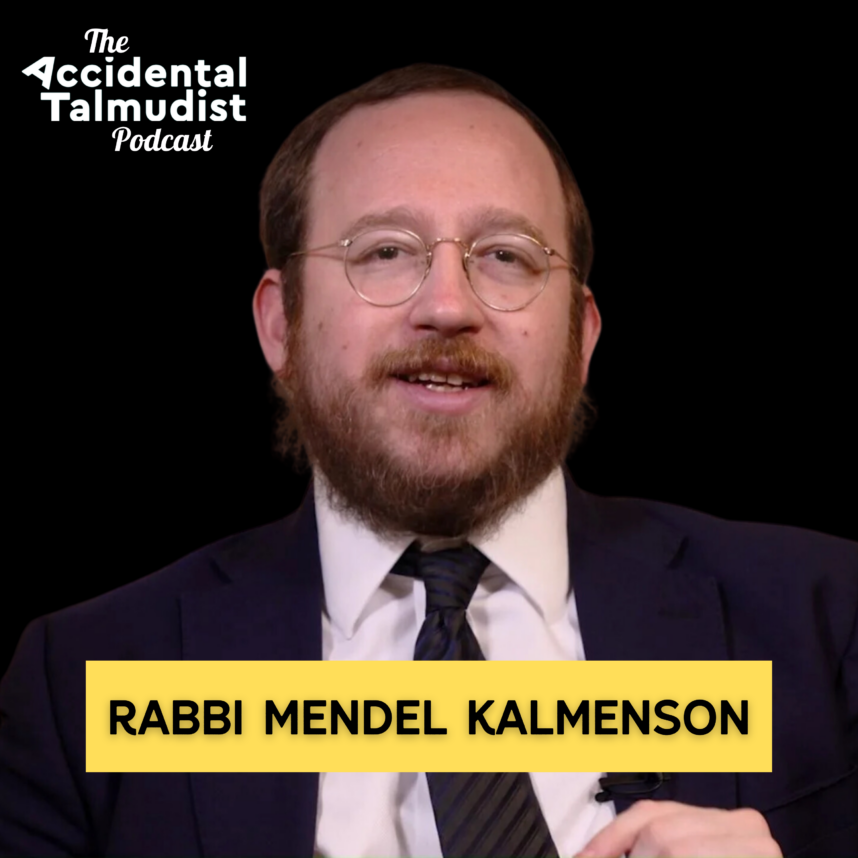

 More news and opinions than at a Shabbat dinner, right in your inbox.
More news and opinions than at a Shabbat dinner, right in your inbox.